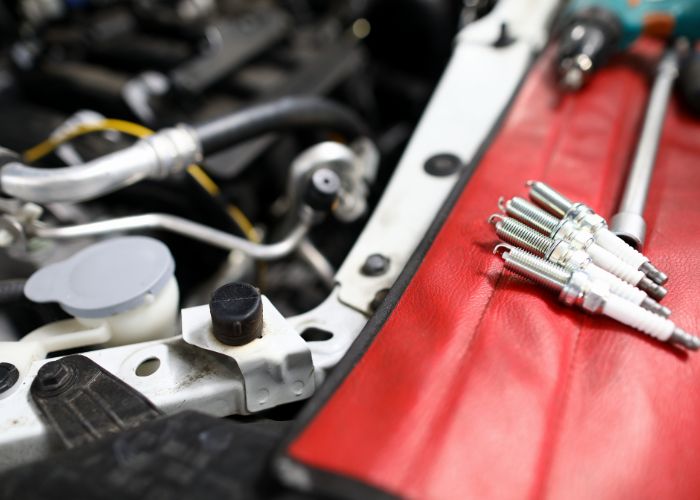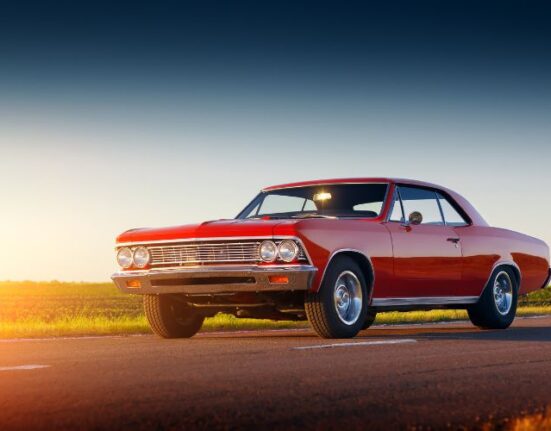The used car market often provides the best value for drivers looking for a new car. However, while used cars offer many advantages, drivers should be wary of buying a second-hand vehicle and consider applying upgrades and modifications after the purchase. Below, we offer tips on what you should change buying a used car to get the most value out of your new vehicle.
Tires
After purchasing a used car, especially one with many miles on it, you should immediately consider getting some new tires. Tires are, unfortunately, one of the most overlooked aspects of vehicle maintenance for many drivers.
Many drivers will drive for tens of thousands of miles on tires with little regard for maintenance, like tire rotations. Start fresh with your used car by getting brand-new tires that offer better performance efficiency. The only question is, do you need all-season or sport tires for your new vehicle? After all, new tires will only be beneficial if they cater to your needs.
Brake Pads
The brake pads are crucial for driving safety. The pads are integral to the braking system but can wear down quickly, especially in cars that mostly drive in the city. The stop-and-go driving in city traffic means applying the brakes more often, which means wearing down brake pads quickly and compromising driving safety. If your used car has traveled more than 30,000 city miles or 80,000 highway miles, swap out the old brake pads for new ones after purchase.
Air Filter
The air filter is another vehicle component you should consider changing after buying a used car. The air filter traps dirt and debris before they contaminate and cause problems in a vehicle’s engine cylinders and pistons. However, air filters are only effective for about 15,000 miles.
It may seem like a minor thing, but a fresh air filter can help improve performance and even the longevity of your vehicle, so it’s a worthwhile investment. Plus, it’s an easy change; you can get it done during a routine oil change!
Spark Plugs
The spark plugs are integral to your vehicle’s engine performance and fuel efficiency. As the name suggests, spark plugs spark the fuel and ignite the engine when starting the car. But like every other vehicle component, spark plugs can wear down, become dirty, and lose effectiveness.
There’s no hard-and-fast rule for how often you should replace spark plugs. However, if your used car has over 100,000 miles and still has the original set of plugs, it would benefit from a new set. Plus, new spark plugs improve acceleration and fuel efficiency, making the investment worthwhile in your new vehicle.

















